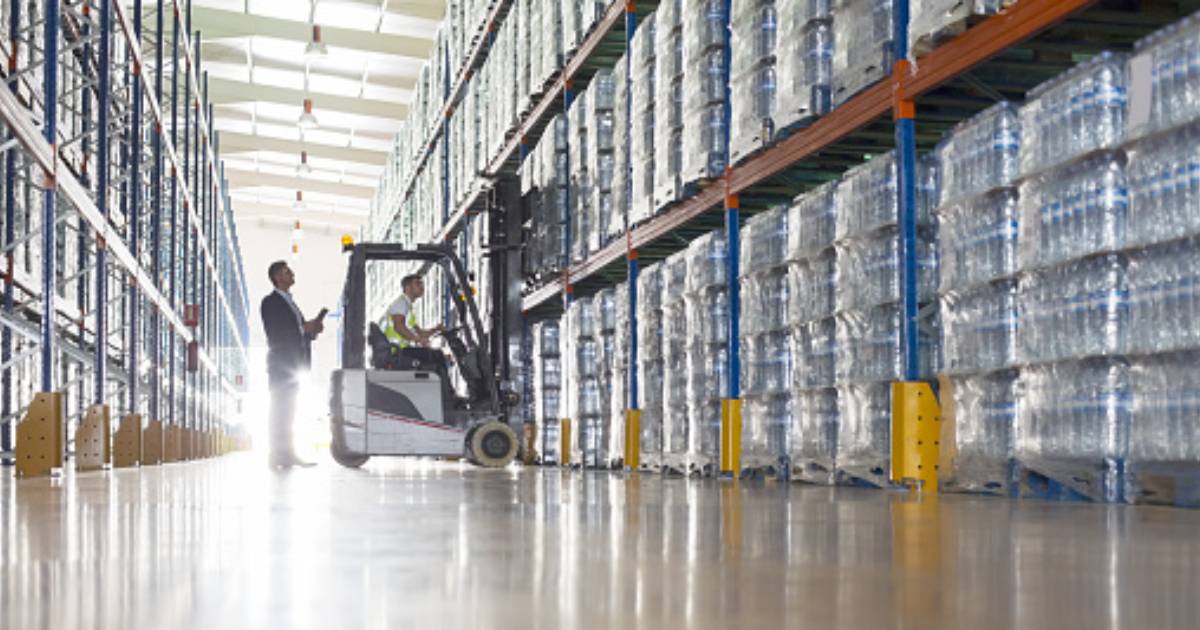Have you ever wondered how to preserve food for longer without compromising on taste and freshness? Whether you are a home cook or a professional chef, food preservation is an essential aspect of the culinary world. In today’s fast-paced world, we all strive to make our lives easier, including food storage.
Traditional food storage methods like wrapping with cling film, aluminum foil, or using airtight containers may not be the most efficient way to store food for extended periods. However, vacuum packing has become increasingly popular among food enthusiasts due to its numerous advantages over traditional storage methods.
In this blog, we will delve into the seven advantages of vacuum packing over traditional food storage methods.
Extended Shelf Life
One of the most significant benefits of vacuum packing is that it significantly extends the shelf life of food. Traditional storage methods, such as using plastic containers or aluminum foil, cannot prevent air from entering, which leads to the growth of bacteria and other microorganisms, causing food spoilage.
However, vacuum packing removes all the air from the packaging, creating airtight conditions that inhibit the growth of bacteria and other microorganisms that cause spoilage. This extended shelf life allows you to store your food for longer periods without compromising its quality and nutritional value.
Retains Freshness and Flavor
Vacuum packing also helps to retain the freshness and flavor of food for longer. When food is exposed to air, it can quickly lose its flavor and aroma, and it may even become stale.
With vacuum packing, all the air is removed from the packaging, which helps to maintain the freshness and flavor of the food. Vacuum packing also helps to prevent freezer burn, which can affect the quality and taste of frozen food.
Cost-Effective
Vacuum packing can be a cost-effective way of storing food for longer periods. Traditional storage methods, such as using plastic containers or aluminum foil, can be expensive, especially when you need to replace them regularly.
Vacuum packing is a one-time investment, and the vacuum sealing bags are reusable, making it a cost-effective solution for storing food.
Saves Space
You may make space in your cupboard, freezer, and refrigerator by vacuum packing. Due to their small size, vacuum sealing bags are the best option for storing food in cramped areas. Food that has been vacuum-packed has a smaller volume, which makes it simpler to store in confined locations. If you need to keep a lot of stuff, vacuum packing can help you save a lot of room. If vacuum packing is unfamiliar to you, you can also employ professional packers to do this.
Convenient
Vacuum packing is a convenient way of storing food. Once you have vacuum packed your food, you can easily store it in the refrigerator, freezer, or pantry without worrying about it spoiling. Vacuum packed food can also be easily transported, making it an ideal solution for picnics, camping trips, and other outdoor activities.
Prevents Cross-Contamination
Cross-contamination can occur when different types of food come into contact with each other, leading to the transfer of harmful bacteria and other microorganisms. However, vacuum packing helps to prevent cross-contamination by creating a barrier between different types of food, preventing them from coming into contact with each other.
Saves Time
Vacuum packing can help you save time in the kitchen. When you vacuum pack your food, you can prepare your meals in advance and store them in the refrigerator or freezer, making it easy to reheat them when you are ready to eat. Vacuum packed food also cooks faster, which can help you save time when preparing meals.
Vacuum packing is not limited to storing raw ingredients or leftovers; it can also be used to store pre-cooked meals, sauces, and marinades. Vacuum sealing bags are available in different sizes and can be customized to fit your food storage needs.
When using vacuum packing, it’s essential to ensure that the food is fresh and free of any spoilage before vacuum sealing it. It’s also crucial to follow the manufacturer’s instructions when vacuum packing food to avoid any damage to the equipment or the vacuum sealing bags.



